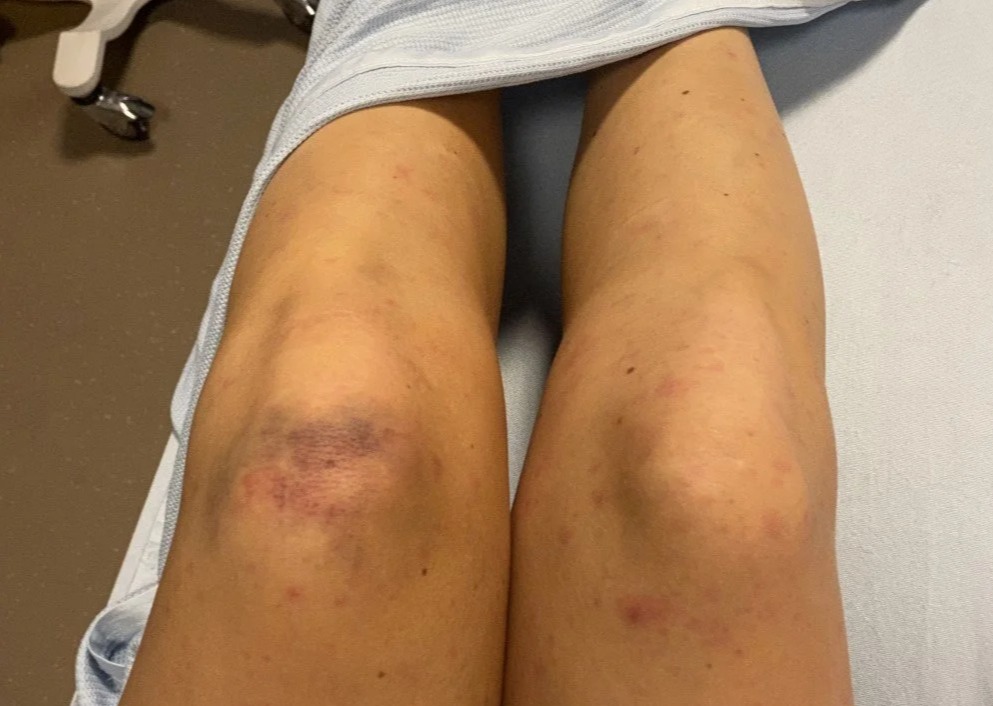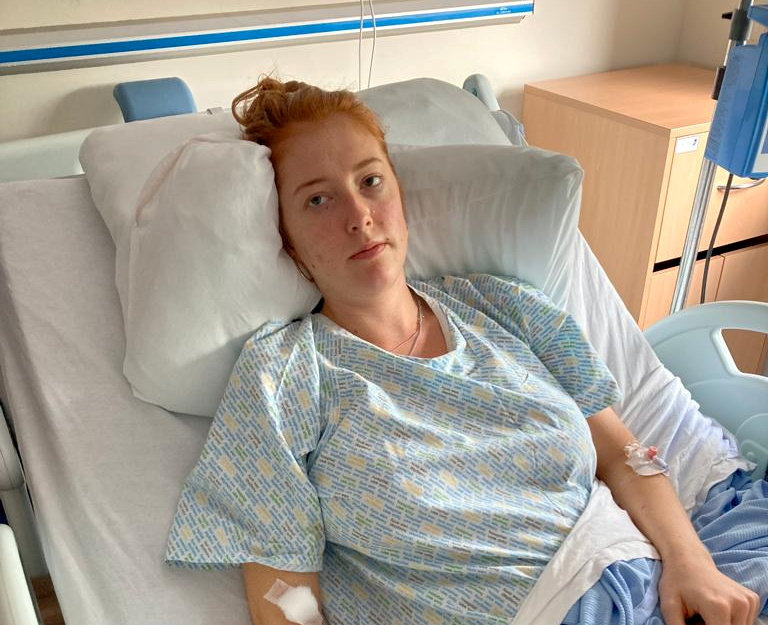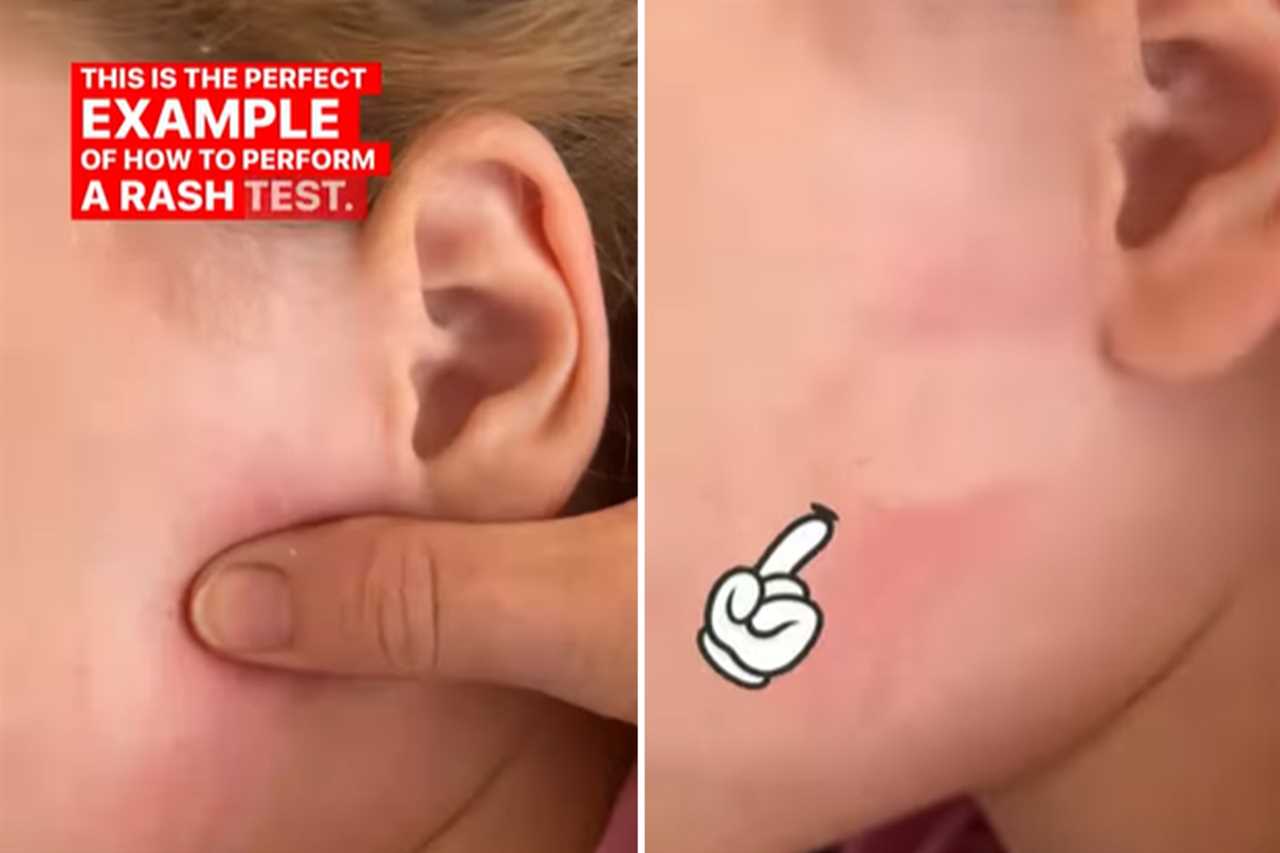THE coronavirus pandemic has made us all suspicious of aches and pains.
So when Alice Jenkins woke up with aching limbs and a high temperature on May 18, she put it down to the bug.



Just a week before, her housemates in halls at the University of Edinburgh had the virus, so she just assumed she had finally succumbed to it.
That night the 19-year-old called her mum, Sarah, 58, as she was feeling unwell.
Her housemates had been planning a big night out to celebrate finishing their exams, but Alice had been unable to go.
She was aching and after waking up from a nap, she was dripping with sweat and had a rash.
Read more on meningitis
Concerned, her mum Sarah urged her to do a ‘tumbler test’, which is when you press a glass to your skin to see if your rash disappears – if it doesn’t – then it’s a sign of meningitis.
Mum Sarah knew the symptoms as a neighbour’s daughter had previously died of the illness – at just the age of 14.
She urged her daughter to call 999, but Alice was too embarrassed, so a friend called on her behalf.
Alice said: “If I hadn’t have had the rash I wouldn’t have gone into hospital, all I had was aching limbs and a temperature.
“The week before my flatmates had covid, the typical symptoms of meningitis like a stiff neck and being sick didn’t start until I was in hospital.
“When I got into hospital they put me on antibiotics, steroids and antivirals, without knowing what it was.
“I was really scared to go to A&E, I woke up that night with a rash and Facetimed my mum who was saying ‘phone 999’.
“I was saying ‘I don’t want to’, but a friend did it for me.”
She was taken to the infectious disease unit at the Western General Hospital, where a friend from home Kirstin Malcom, kept her company.
Kirstin had gotten a text from Alice which read ‘I’m in A&E lol’.
Whilst on the ward she held a sick bowel for her friend, who she said was vomiting ‘black coloured bile’.
Alice said: “It was probably easier for me because I didn’t know what was going on.
“I couldn’t Google it so I didn’t know how dangerous it is.”
A lumber puncture test diagnosed meningococcal group B, which Alice had been vaccinated against aged about 14.
Meningitis B can be fatal in less than 24 hours if the bacteria enters the bloodstream to cause sepsis.
The bacteria that causes meningitis B lives in the nose and throat and can be spread by close contact from coughing, sneezing or kissing – so it’s particularly prevalent among uni students who live in close proximity to each other.
Signs of the virus can often to appear like a hangover, which is why some university students struggle to recognise when they are unwell – as many tend to participate in events held specifically for students, which in most cases, involve alcohol.











